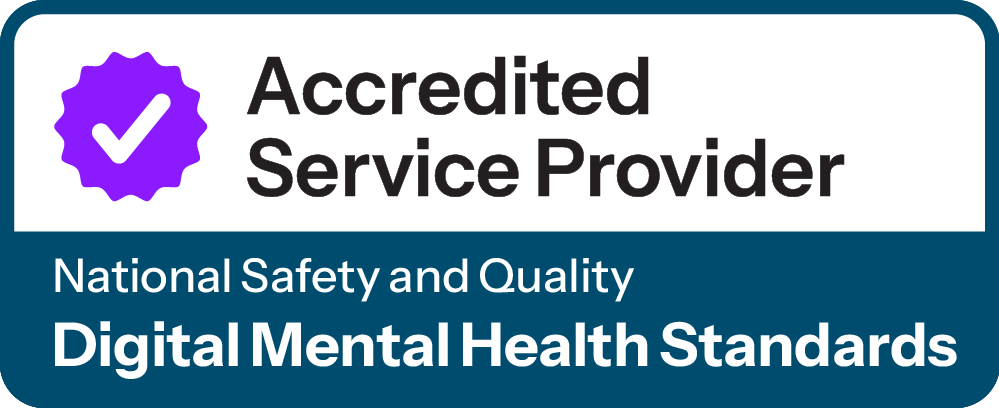In March, ReachOut released research that showed Australian parents were more worried about their children using social media and technology than drugs, alcohol and smoking, and yet no strong action has been taken.
ReachOut CEO Jono Nicholas urged new Prime Minister Scott Morrison to make cyberbullying a priority and ensure more was done to tackle it, acting on the promise made by Malcolm Turnbull in January this year.
Mr Nicholas said this included new industry safety standards (including safety by design) for technology, similar to cars, and that put the safety and wellbeing of users front and centre.
“This is as much about future proofing Australia for the next wave of new technology, as it is about dealing with platforms and products that are currently in the market,” Mr Nicholas said.
“We need to draw a line in the sand and send the message that the current approach of tech companies releasing new technology and thinking about the consequences later is no longer acceptable.”
Mr Nicholas said that global tech giants were worth more than 1 trillion dollars and had an obligation to do more to fund solutions that prevent, and protect, users against cyberbullying, particularly with the statistics showing that current efforts were not having an impact.
“This is technology’s seat belt moment. If global tech giants won’t make their products safer, then government will have to step in and do it for them,” Mr Nicholas said.
“Almost every young person in Australia uses technology, whether that’s social media, chat apps or online games, like Fortnite. Because of this, cyber bullies have the key to our front door and yet there’s little pressure on the tech giants to do anything about it.
“If someone physically entered our homes and bullied our children, there would be national outrage and a demand for action.”
Mr Nicholas said the idea of industry safety standards for technology was part of a broader action plan ReachOut had submitted to the Australian Government earlier this year. The plan also included increased funding to support those impacted by cyberbullying, including for the Office of the e-Safety Commissioner.
“The Australian Government has shown that it’s willing to put energy providers on notice to demand lower electricity prices, so surely they can do the same for global tech giants to protect our children online.”
A ReachOut national survey of 1000 young people aged 14 to 25 found nearly 40 per cent of young people who had been bullied are reporting it happening online.
Mr Nicholas said the research showed cyberbullying was widespread. He also said it was important to understand that cyberbullying was one part of bullying and in the majority of cases it was happening both online and offline, including in the school yard, travelling to school, or the workplace.
ENDS
SIGNS THAT YOUR CHILD IS BEING CYBER BULLIED
- Being upset after using the internet or their mobile phone
- A significant increase or decrease in internet and/or mobile phone use
- Showing more emotion than usual, particularly sadness, anger, or frustration
- Withdrawing from or changing friendships and friendship groups
- Secrecy around their social life and what they're doing online
And some of the more general signs that something isn't quite right in your teenager's life:
- Trouble concentrating at school or on homework
- Changes to sleep or appetite
- Decreased self-esteem and confidence
Media contacts
For interviews and further information please contact:
Troy Bilsborough – 0427 063 150
Tessa Anderssen – 0411 708 587
About ReachOut Australia
ReachOut has been changing the way people access help since launching as the world’s first online mental health service nearly 20 years ago. Everything they create is based on the latest evidence and designed with experts, and young people or their parents. This is why ReachOut’s digital self-help tools are trusted, relevant and easy to use. Available for free anytime and pretty much anywhere, ReachOut is accessed by 132,000 people in Australia every month. That’s more than 1.58 million each year.






